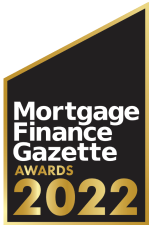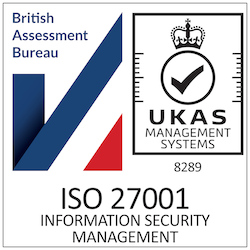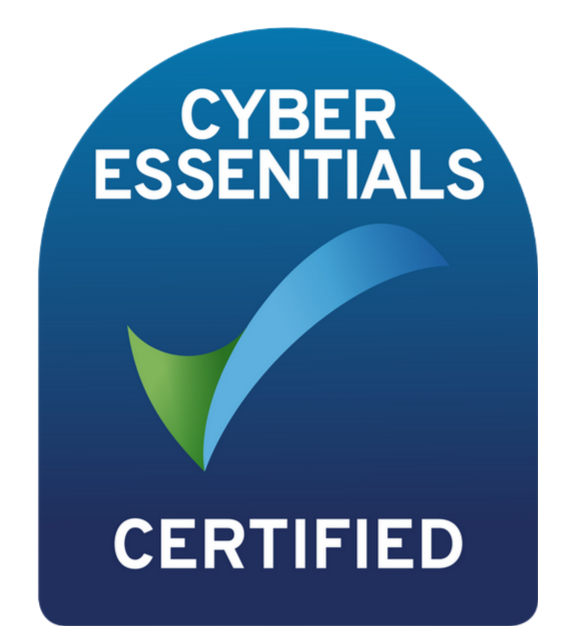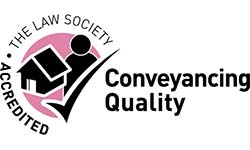O’Neill Patient’s specialist team of lawyers are at ease with the complex nature of shared ownership leases.
Shared ownership was introduced to help people who cannot afford to buy a home outright. Through shared ownership you buy a share of the property, usually from a registered social landlord such as a housing association, and pay a rent on the remaining share you do not own. The share you purchase is funded by a mortgage which you will need to arrange with a bank or building society. Gradually you may be able to buy further shares (known as “staircasing”) and eventually own your home outright.
In some areas the housing association may restrict your ability to buy further shares in your home or reserve the right to buy back the property (at full market value). These arrangements are limited and are intended to provide a means of keeping low cost housing for specified communities. The housing association will tell you if the home you want to buy is in an area where these restrictions apply.
Some housing associations offer non-government funded shared ownership schemes that work on the same principles but some details may vary. Also, private developers may offer shared ownership schemes (often known as shared equity) where a much wider range of conditions apply.
The variety of different shared ownership schemes will also affect the way in which the property may be sold. Dependent on the terms of your lease it may be that only the share that is owned will be sold, in which case the buyer will need to apply to the housing association to be approved as a shared owner. Alternatively, it may be possible to staircase to 100% outright ownership simultaneously with the sale, in which case the buyer will not need to be approved as when completion takes place the property will no longer be shared ownership.







